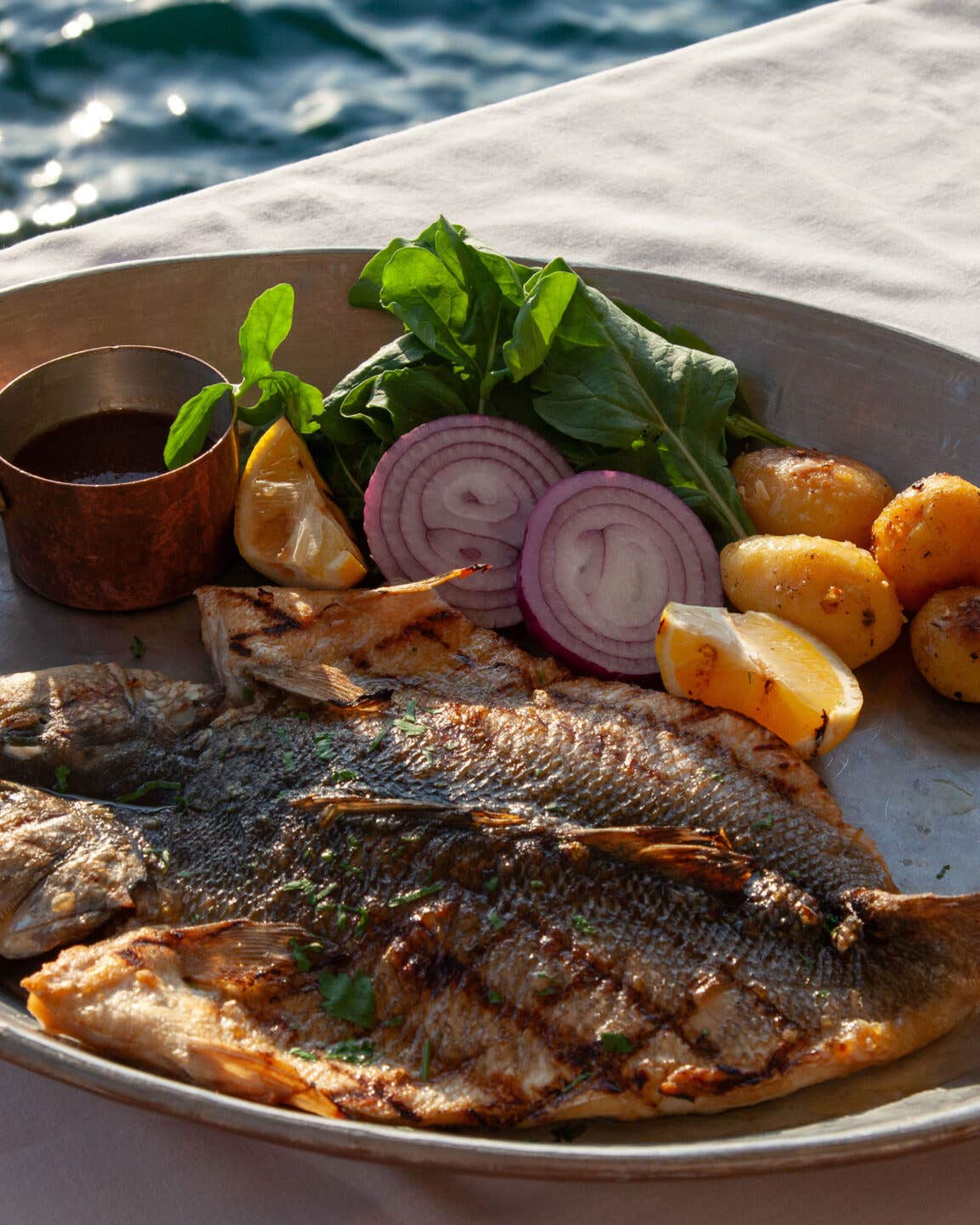
Le Cesarine: A Taste of Home Cooking in Emilia-Romagna
An Italian non-profit preserves traditional foodways by hosting at-home dinners
Italy may be the destination for countless romantic fantasies, but I arrived in Emilia-Romagna alone, nursing a bruised heart from a recent uncoupling. The portico-covered cobblestone streets and towering Medieval frescoes tried their hardest to woo me, but I am the type who seeks solace in food, not scenery.
Few regions in Italy are better are better suited to eating your feelings in than Emilia-Romagna. Nicknamed la grassa ("the fat") for its production of gut-busting regional specialties like mortadella, tortellini and ragu, Emilia-Romagna will happily cradle its visitors in calories. But although I'm generally not self-conscious about dining alone, the freshness of my heartbreak, combined with a shoddy grasp of Italian, left me sensitive about lingering solo for too long. Waiters gave me strange looks when I said no one would be joining me in sidewalk cafes. One busboy shook his head and took away my bread bowl. My confidence shot, I began looking for a meal that would nurture on all levels, laced with comfort as well as Parmesan.
That's where Mara stepped in. A Bolognese lawyer and mother, Mara invited me into her baroquely adorned apartment, sat me down beside an ancient fern, and cooked for me. She made polpettine, tiny meatballs in tomato sauce; bechamel-coated pasta rosettes filled with mortadella and soft cheese from Castel San Pietro; and creamy fior de latte panna cotta from family recipes. Hair graying but perfectly teased, with brown eyes accented by both crow's feet and liquid liner, Mara fussed over my plate while picking like a bird at hers, watching me eat and eat and eat.
Mara is a cesarina, or "little Caesar," with the Italian nonprofit Home Food, which I was introduced to through ItalyVacations, a bespoke travel company specializing in regional experiences. The people of Home Food are dedicated to protecting and promoting traditional home cooking across the country, which they accomplish mainly through at-home dinner visits, like my meal with Mara. Cesarine must apply and are carefully vetted as both cooks and hosts; guests must register with the organization in advance to sign up for a meal. Founded in Bologna in 2004 by Egeria Dinallo, a sociology professor interested in traditional foodways, Home Food now has about 50 Cesarine around the country, each cooking the traditional foods of their region, and some 20,000 registered members.
"For us, taste is not mechanical," explains Dinallo over a glass of Lambrusco, Emilia-Romagna's local sweet wine. We are sitting in Mara's living room as she insists on clearing the dishes by herself. "It's an experience, with many meanings—a mix of physical sensations and sentimental emotions." I look at Dinallo, a kindly grandmother type herself, and wonder if she is actually reading my mind. Mara and Dinallo know nothing of my failed relationship or my subsequent desire to be restored through food. They cook to protect traditions, to educate, to elicit an emotional response; and from Mara's tiny tiled kitchen, they gave me—hungry for comfort food in the most literal way—exactly what I needed: some good Italian home cooking.
Home Food
39/051/22-0797
info@homefood.it
Keep Reading
Continue to Next Story










